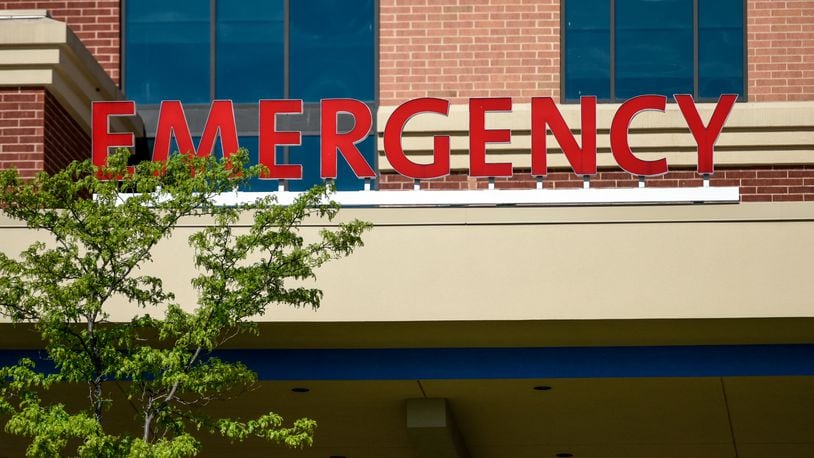These bills can be difficult to see coming. Patients are not always warned that they are being cared for by a provider who is working at a hospital but is not on staff at the hospital. If the provider isn’t on staff, they might not have their own in-network agreement with the patient’s insurer.
RELATED: Family slammed with $17,000 bill after going to in-network hospital
UnitedHealthcare, one of the largest insurers in the region, gives the following advice for reducing your risk of getting an unexpected out-of-network bill:
1. Seek care in-network – Stay in network as often as you can. Many insurers offer a broad choice of local in-network health care professionals, and these in-network providers agree in advance to what they'll charge for specific procedures, removing any guesswork or potential surprise bills.
2. Research your expected costs – There are tools available that let consumers to research the estimated price of specific treatments and procedures, like UnitedHealthcare's Health4Me app. This lets patients research prices for specific physicians and hospitals in their communities.
3. Get it in writing – You should have a firm understanding not only what is involved in the procedure you'll be having, but who will be involved in your care. There are often many care providers involved beyond the primary surgeon or doctor. Get in writing who will be involved and ensure they are all in-network, including physician assistants, anesthesiologists and radiologists. You have the right to request only in-network providers. Don't be afraid to ask these important questions.
4. Call your insurer – Call before your procedure to verify the care providers are still in-network, and call again afterward if you receive a surprise balance bill. Some insurers, such as UnitedHealthcare, will serve as an advocate on your behalf.
About the Author
